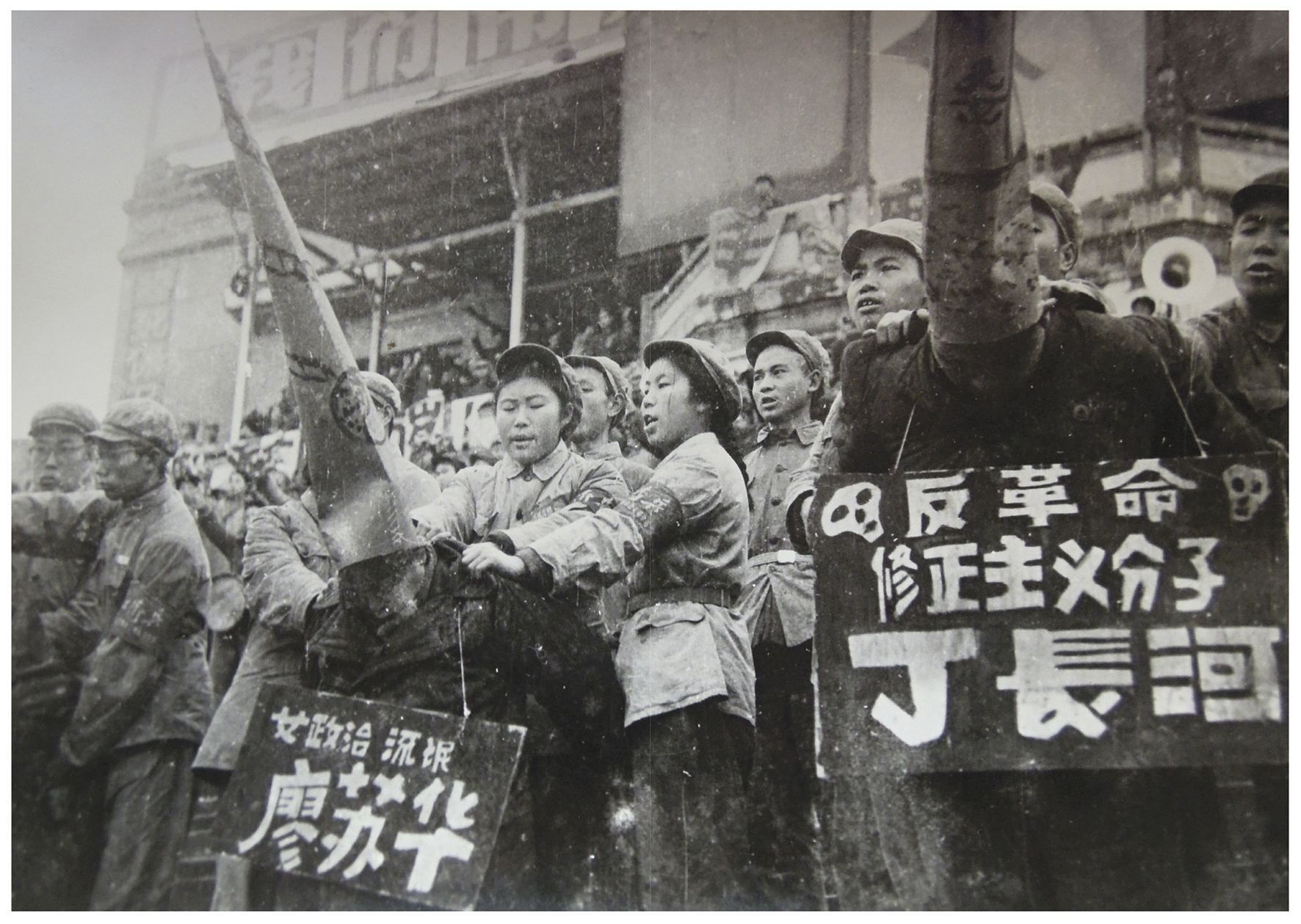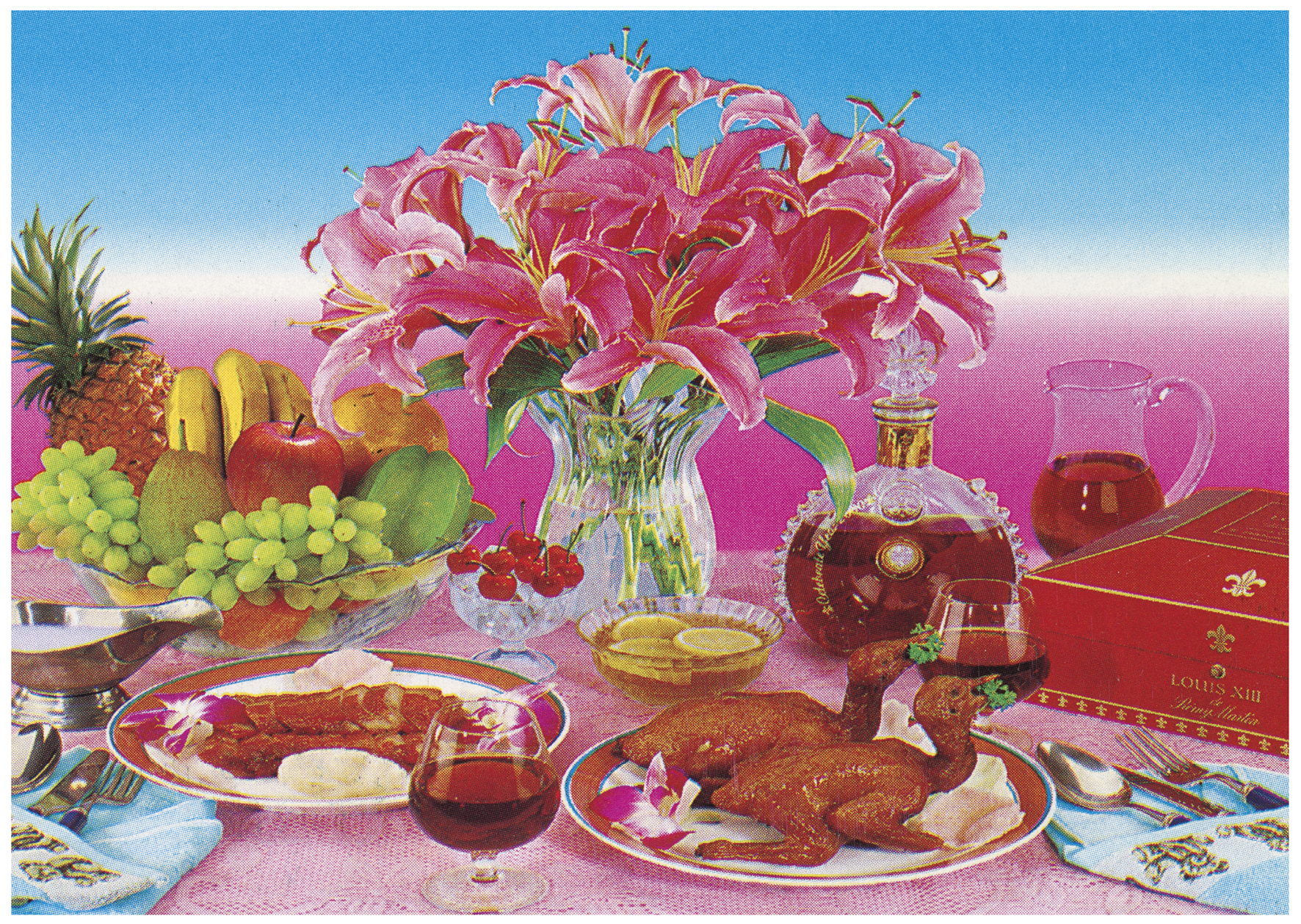From Beijing Silvermine Collection © Thomas Sauvin. Courtesy the artists and Vernacular Social Club
Founded by Jean-Marie Donat and peers, the group takes up the cause of non-professional photographers, offering a sociological reading of everyday images
“A lot of people I speak to work with photographs by professional photographers,” says Jean-Marie Donat. “For me, it’s so important to consider photographs by people who are not professionals. Without good framing, without good light, without composition, but you [still] have so much information in this type of image. To see one portrait shot with a gimmick is interesting, another might be a coincidence. But when you have 200 the same? That’s something to understand, what is making people take photographs this way.”
We are discussing the Vernacular Social Club, a new initiative dedicated to vernacular photography that Donat has founded with Thomas Sauvin, Lukas Birk and Christophe Thiebaut as “a rallying call to unite”. Its remit is “domestic, utilitarian and local photographs”, as they put it in their eight-point manifesto. Its mission is to promote these images, making their case as “expressions of social, societal, political, and artistic themes” and discussing and disseminating them via editorial projects, conferences, exhibitions and more.
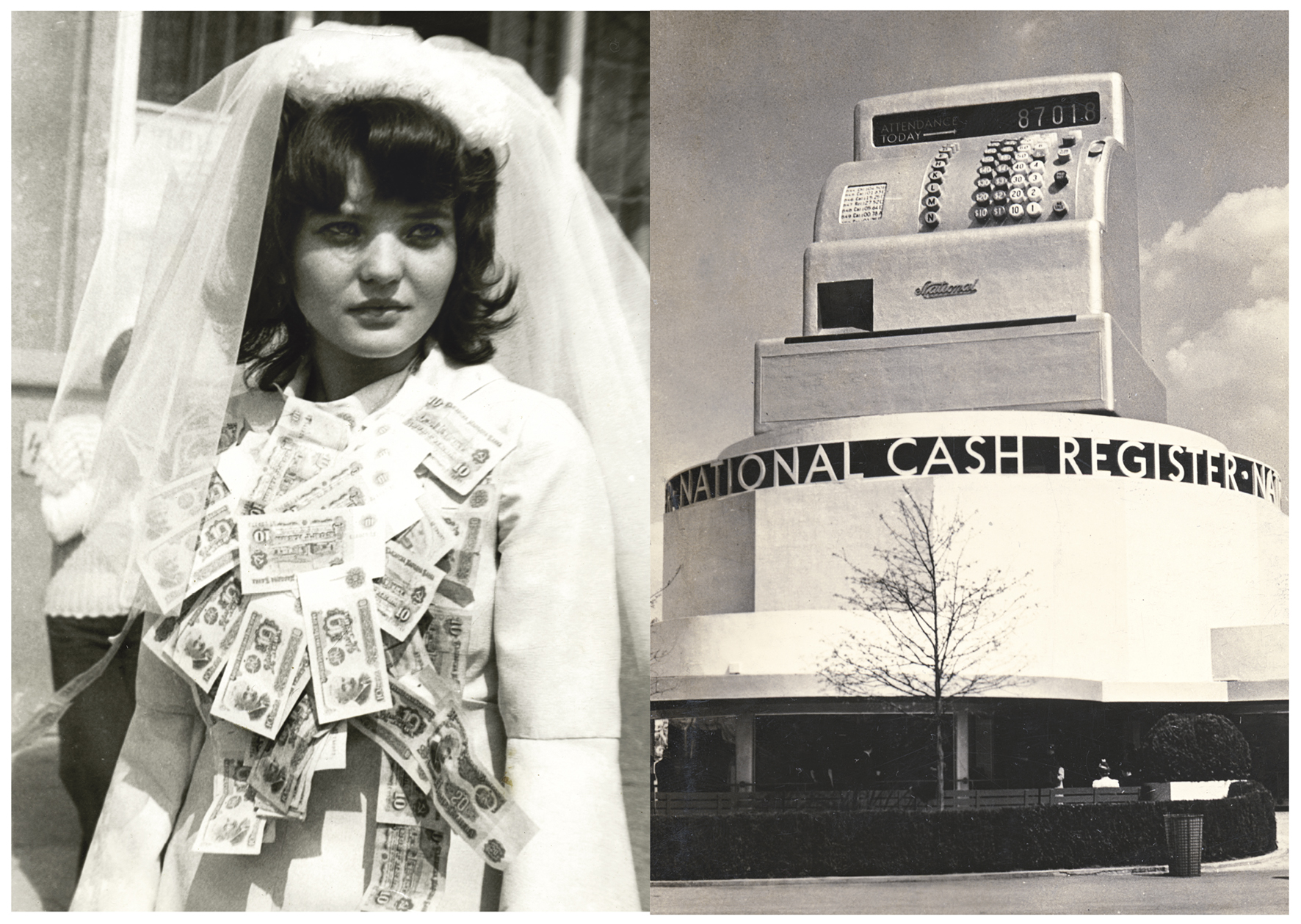
“My father was a printer, and when he came home with prints and tests, I was fascinated by them”
Fellow vernacular fans are sought from all over the world and encouraged to contribute images and ideas; membership costs €50 per year, which is negotiable if it is hard to afford. Wealthier members are invited to donate extra funds to support others in fact, the idea being that the club is inclusive and non-profit, promoting its members’ projects as well as its own. There is a website, which includes the full manifesto, some stories and a podcast featuring interviews with well-chosen figures such as Istanbul-based artist Cemre Yeşil Gönenli, Greek curator Natasha Christia, and German artist and publisher Joachim Schmid.
The website also includes a flick-through version of Revu, Vernacular Social Club’s triannual print periodical which was launched at Polycopies in Paris in November 2023. Revu is posted to members and sold at selected galleries, museums and bookstores; a newsprint publication, it is written in bilingual French and English and includes texts and archive images. It also features a supplement of A2 posters, drawn from the founders’ collections in issue one.
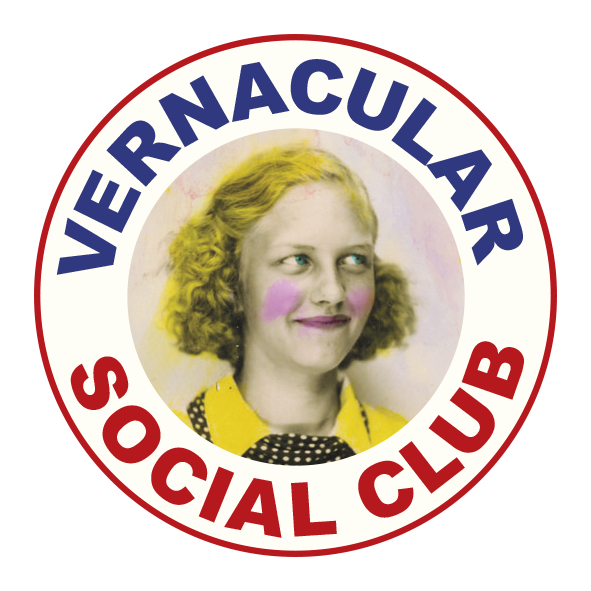
The first Revu is themed ‘Brave New World’ after Aldous Huxley’s dystopian novel, and shows collections of images in which people pose with the Statue of Liberty, or hunks of meat, or Las Vegas slot machines. The supplement includes some one-off photographs, including a day-glo promotional shot of a meal and a chilling photograph of a public shaming ceremony, taken in Chongqing in 1960. “It’s a thematic review, and in future we hope members will contribute,” says Donat. “The idea is that it’s collaborative.”
All four founders have impressive reputations for championing vernacular photography, picking out gems and finding interesting histories in images that others might reject out of hand. Sauvin founded the Beijing Silvermine in 2009, for example, a collection of amateur negatives salvaged from a recycling plant near China’s capital; his photobooks are held by the Tate, Pompidou, Bibliothèque Nationale de France and more. Birk is an Austrian photographer, researcher and publisher who works in post-conflict areas such as Afghanistan, helping build local infrastructures to archive and display visual history.
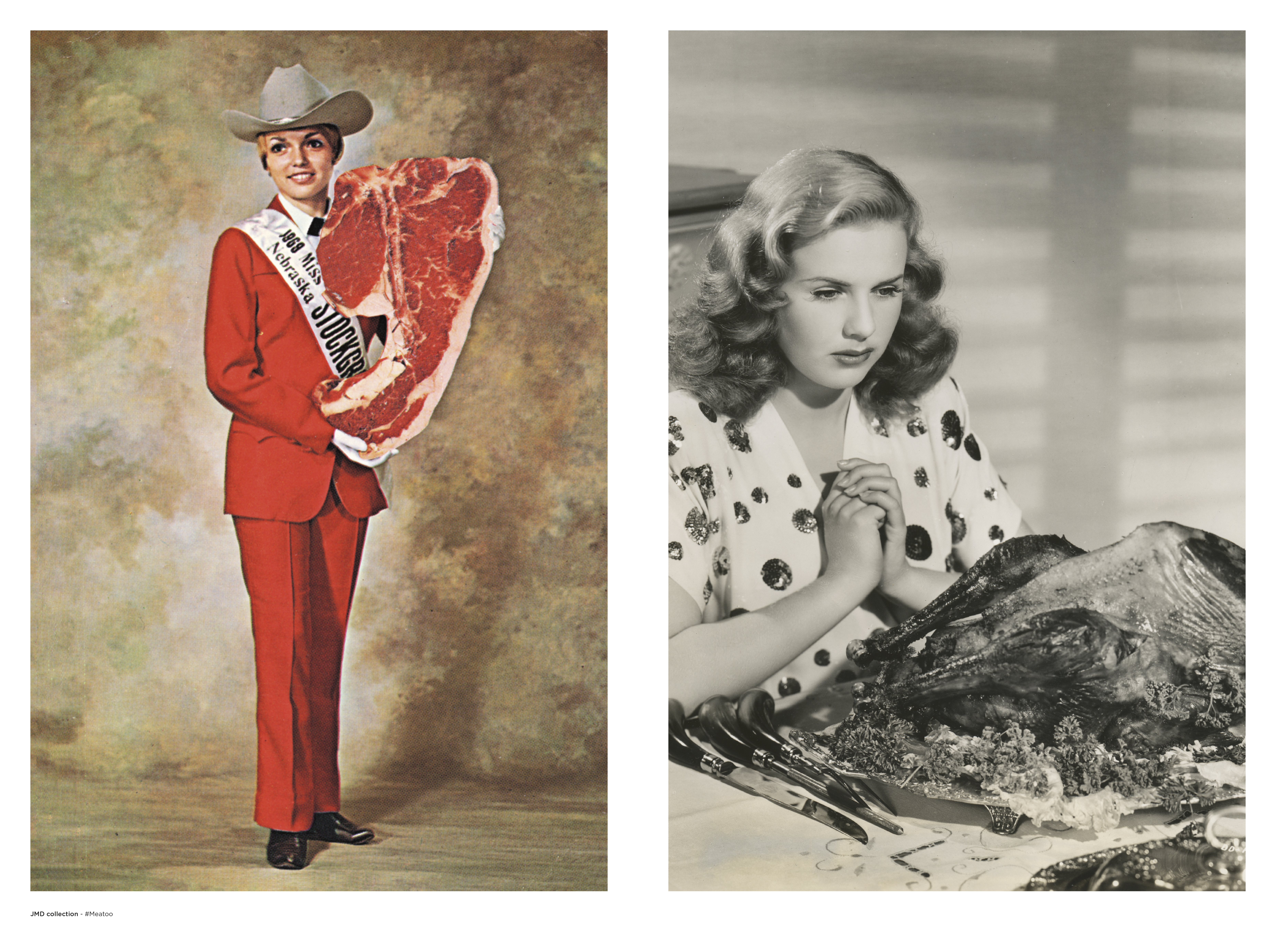
Thiebaut collects both architectural and anonymous photography, specialising in older work and lending it to institutions such as the Musée d’Orsay. Donat has been collecting vernacular images for the last 30 years, meanwhile, and uses them to create exhibitions such as Ne m’oublie pas, a celebration of high-street portraits from Marseille shown at Rencontres d’Arles last year. He has also made books using postcard images and screenshots of controversial World War Two photographs put up for sale on eBay.
“I’m very much interested in analogue material,” Donat explains. “My father was a printer, and when he came home with prints and tests, I was fascinated by them. You know those very big posters printed for billboards? I loved seeing the dots that make up the image. I’m not interested in questions of beauty. Vernacular photographs are a reflection of society and thinking about them is a kind of sociology.”
